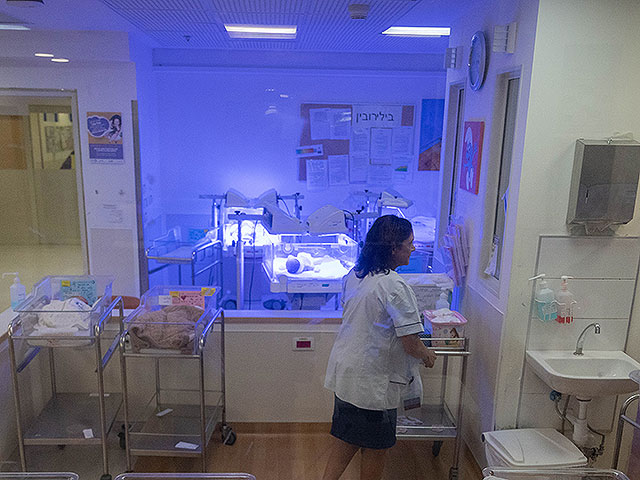The Ministry of Health reported an outbreak of dysentery caused by the Shigella bacterium, which causes diarrhea and vomiting that can even become life-threatening in children and infants. The bacterium has proven resistant to most types of antibiotics, and strict hygiene must be observed to prevent infection.
According to Maariv, the incidence of dysentery caused by the bacterium Shigella Sonne has increased significantly over the past year: 4,679 cases of the disease were recorded in 2023, while in previous years there were several hundred per year. Now the Ministry of Health is talking about an alarming increase in incidence, with the main increase in incidence occurring in kindergartens.
According to the Ministry of Health, 30% of dysentery cases were registered in the Jerusalem District, 26% in the Central District and 20% in the Tel Aviv District of Israel.
An audit carried out by the Public Health Laboratory Center in Jerusalem showed that over the past two years, dysentery in Israel has become resistant to most types of common antibiotics, and most strains are of the Shigella Sonne variety.
Shigella belongs to the family of gram-negative bacteria. This is a highly contagious bacterium that can cause serious illness, especially in children under five years of age. In the first six months of a child’s life, infection rarely occurs, probably because at this age children are fed formula or breast milk and do not attend kindergartens.
Shigella sonne causes bloody diarrhea and vomiting to the point of dehydration, and can become life-threatening, especially in young children and people with weakened immune systems. The bacterium is transmitted through contaminated food or through contact with a carrier or sick person. The incubation period after infection ranges from 12 hours to several days, after which typical symptoms of dysentery begin: high fever, abdominal pain, vomiting, diarrhea, loss of appetite, weakness and pain during bowel movements.
One of the most dangerous complications of bacterial infection is meningitis, which is manifested by vomiting, clouding of consciousness, photophobia, and sometimes even convulsions. Meningitis can be life-threatening.
If a laboratory culture test is positive for the bacteria, antibiotics are prescribed.
